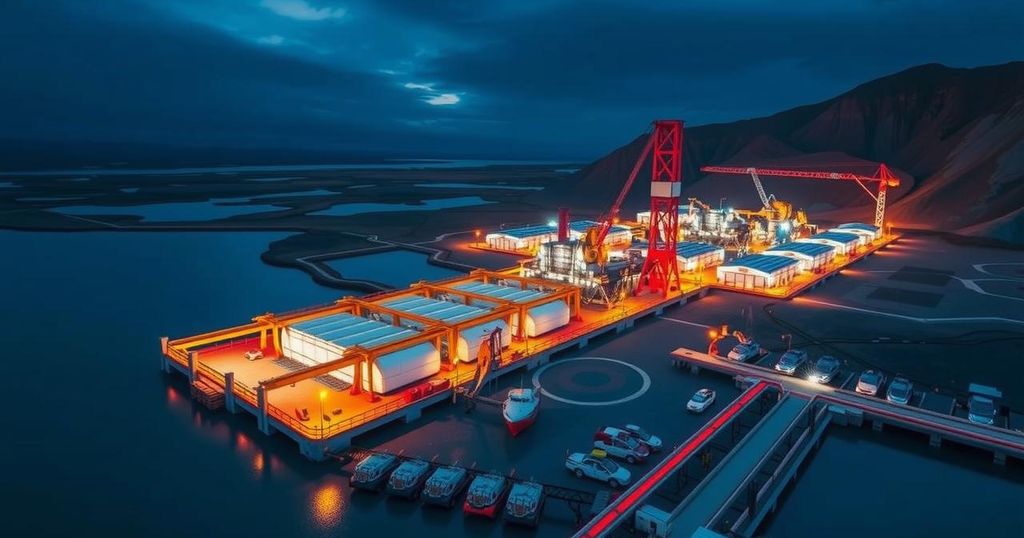Bolivia has signed a $1 billion deal with China’s CBC to build two lithium carbonate plants in Uyuni, aimed at bolstering its role in the international lithium market. The plants will have capacities of 10,000 and 25,000 tons annually. This agreement follows a previous deal with Uranium One Group and reflects Bolivia’s strategy to leverage its vast lithium deposits amid increasing global demand for electric vehicle batteries.
On November 27, 2024, Bolivia announced the signing of a significant $1 billion agreement with China’s CBC, a subsidiary of the leading lithium battery manufacturer CATL, to establish two lithium carbonate production facilities in the southwestern region of the country. According to Bolivia’s state-owned Bolivia Lithium Deposits (YLB), one plant will have an annual capacity of 10,000 tons and the other will produce 25,000 tons, both located in the esteemed Uyuni salt flats. This initiative is expected to enhance Bolivia’s role in the international lithium market, an element essential for electric vehicle and mobile phone battery production. President Luis Arce stated that this move positions Bolivia as a key participant in influencing global lithium pricing.
This new deal is alongside a previous agreement with Russia’s Uranium One Group worth $970 million to develop a lithium extraction facility in Uyuni, pending parliamentary approval. Furthermore, President Arce revealed ongoing negotiations with China’s Citic Guoan Group for a forthcoming contract, reflecting Bolivia’s ambition to further its lithium industry.
As the automotive sector pivots towards electric vehicles, global demand for lithium is rising, highlighting the strategic importance of Bolivia’s vast lithium reserves, which are asserted to be the largest in the world.
The global shift towards electric vehicles has led to an increasing demand for lithium, often referred to as ‘white gold’ due to its critical role in battery production. Bolivia possesses significant lithium deposits, particularly within the Uyuni salt flats, attracting international interest and investments. The country is pursuing partnerships with foreign companies to extract and process this valuable resource, potentially positioning itself as a major player in the lithium supply chain. Recent agreements with Chinese and Russian firms emphasize Bolivia’s strategy to leverage its natural resources in the growing electric vehicle market. With these developments, Bolivia aims not only to enhance its economic prospects but also to influence the international pricing of lithium.
In conclusion, Bolivia’s recent $1 billion agreement with China’s CBC represents a substantial step in its efforts to capitalize on its abundant lithium resources. The establishment of two new production plants signifies the country’s ambition to emerge as a major contributor to the global lithium market. As Bolivia continues to explore further partnerships, including potential deals with additional Chinese companies, it is poised to solidify its position as a key player in the future of battery production and electric vehicle manufacturing.
Original Source: jordantimes.com







